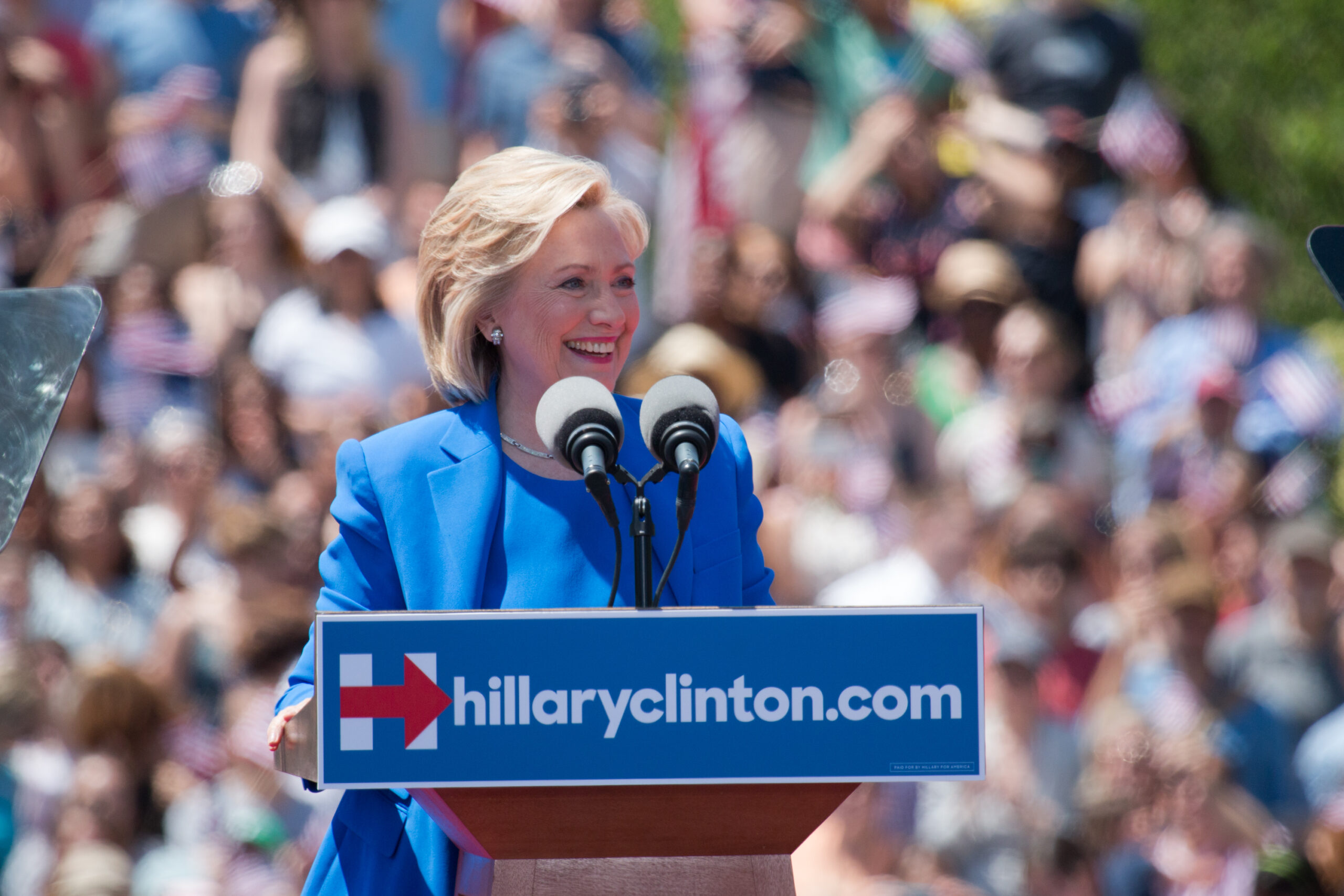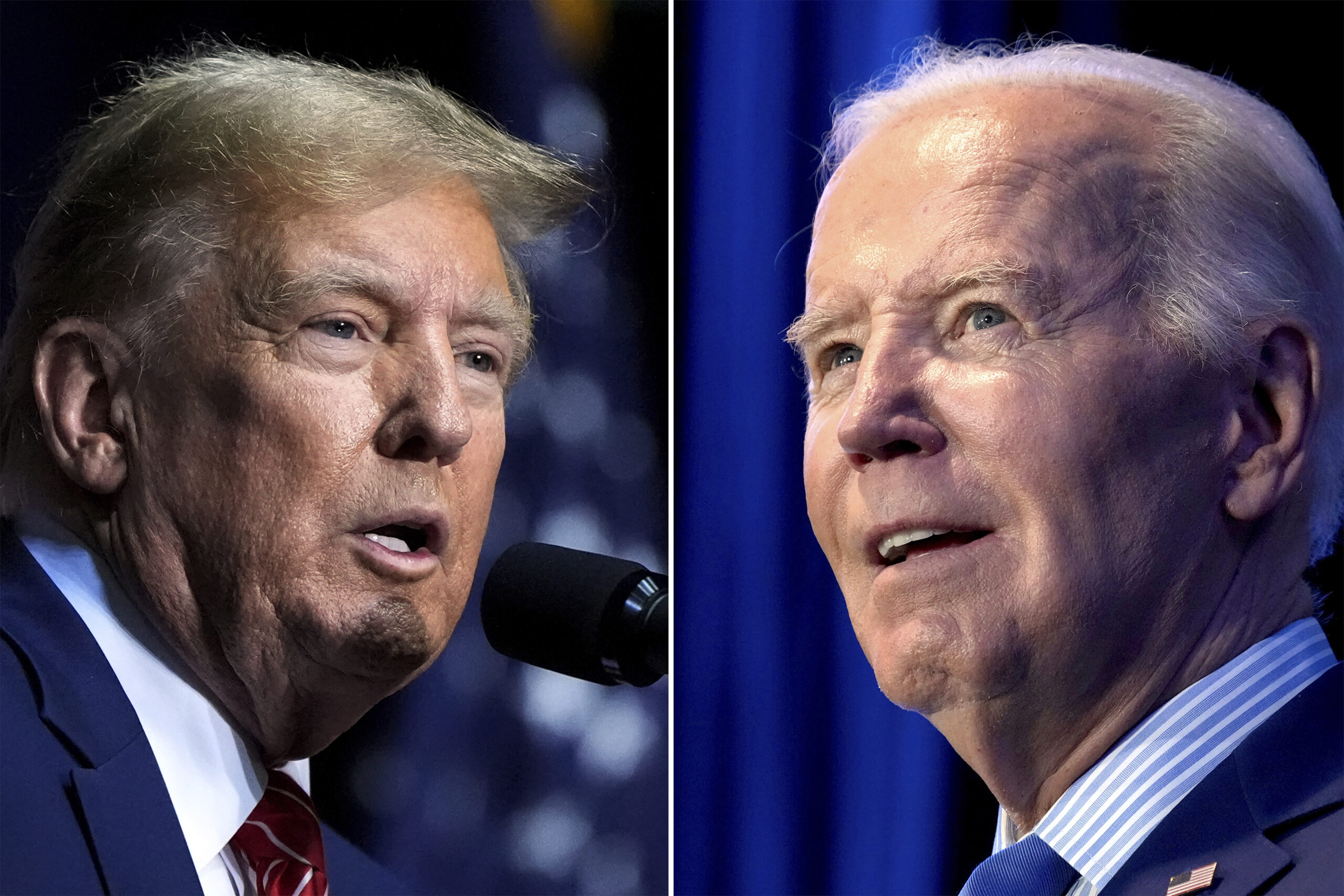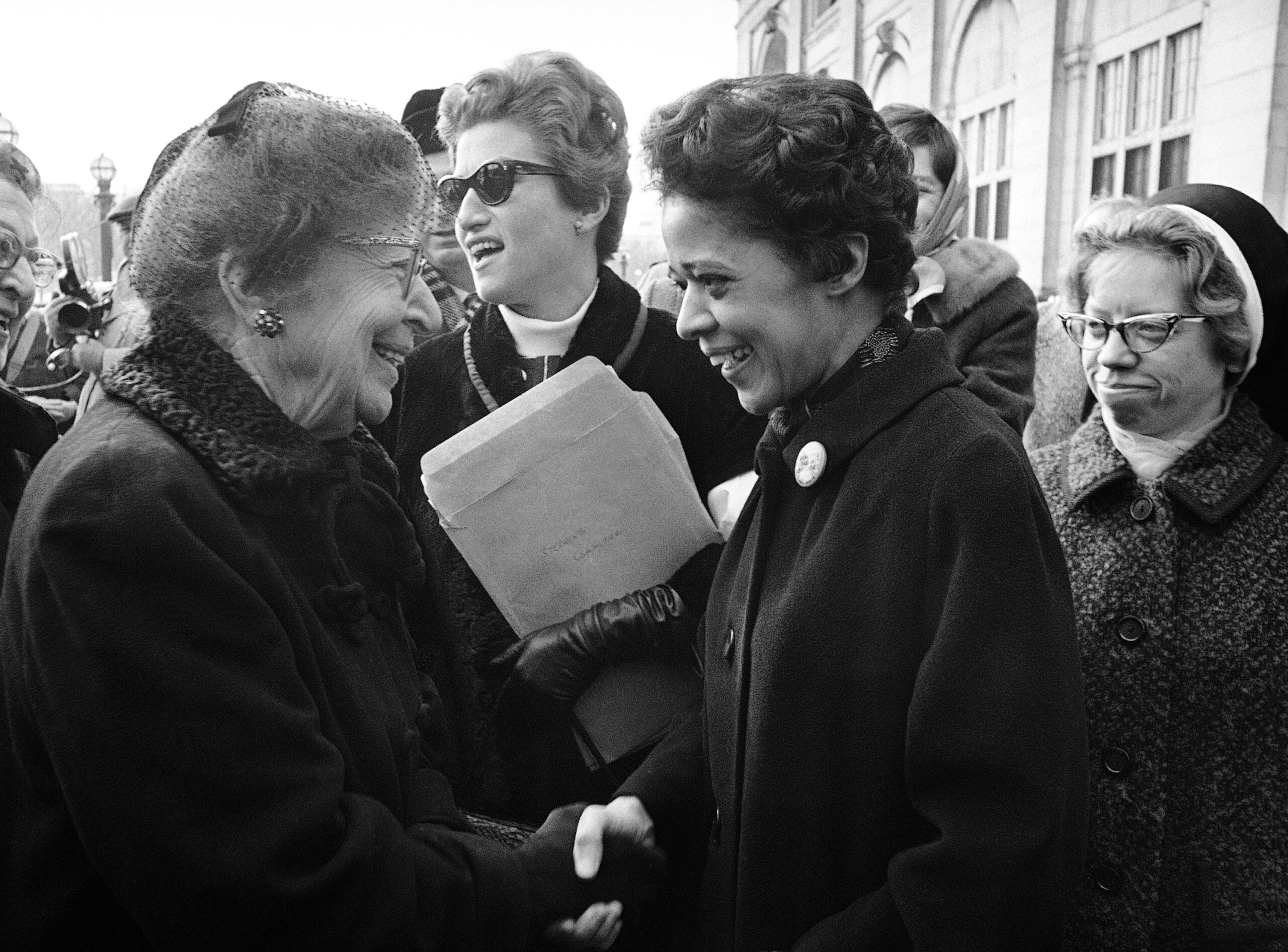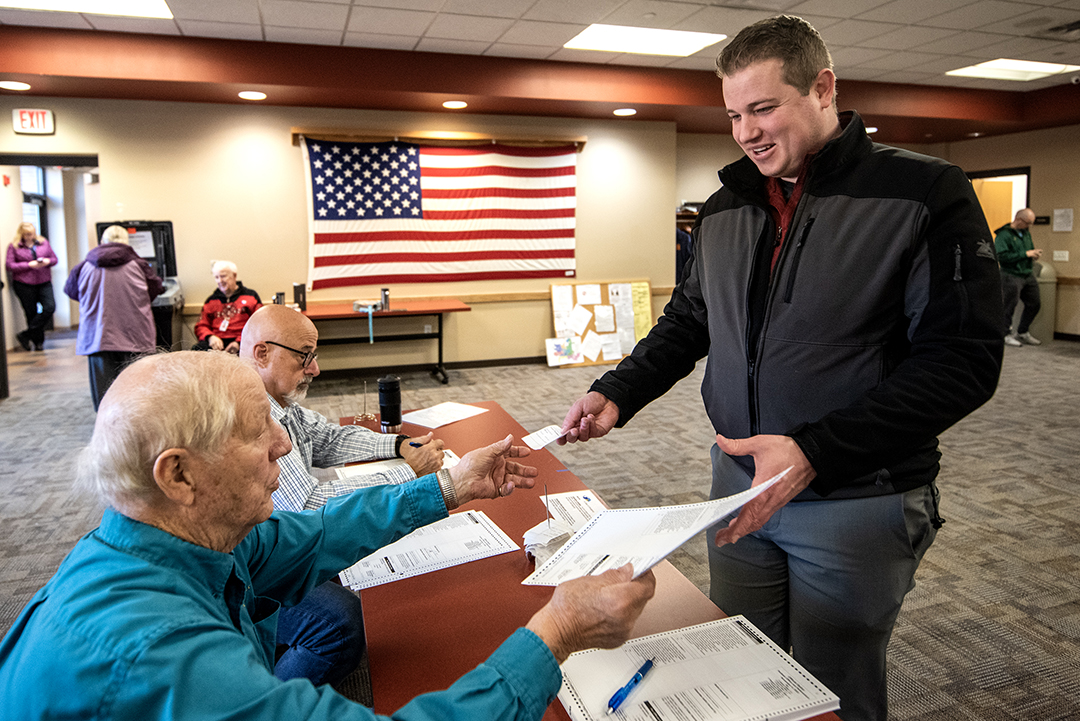Both Democratic presidential candidates are working to gain the African-American vote in what’s expected to be a tight race in Wisconsin next Tuesday.
The Hillary Clinton team is hoping to erase a gap in the latest poll, which shows Bernie Sanders with a slight lead for the state’s Democratic presidential delegates, in part by appeals to African-American voters — a typical Clinton area of strength.
Clinton held two campaign events in African-American neighborhoods in Milwaukee this week. Each time, U.S. Rep. Gwen Moore, Wisconsin’s only black member of Congress, was on stage with the former secretary of state. Moore introduced Clinton at a Boys and Girls Club by mentioning Clinton’s help with African-American youth in South Carolina while working for the Children’s Defense Fund.
Stay informed on the latest news
Sign up for WPR’s email newsletter.
“This woman standing on the stage, people say, ‘How’d she get all them votes in the South?’ Well, she was in the South, 40 years ago,” Moore said.
Clinton promised action on several issues, including improving education and job creation, as well as efforts to reduce gun violence.
Audience member Marcia Nolan said Clinton has a combination of compassion and strength.
“I don’t know if it’s from a female perspective,” said Nolan. “She’s very smart to me, so I think she could handle what’s launched at her in the White House.”
Charles Barnett said he likes what Clinton has said about helping the largely African-American city of Flint, Michigan with their drinking water problems.
“She took a stand and said her department and her people were going to find out what went wrong and get to the bottom of it. That’s a very, very, very strong issue to get involved in,” said Barnett.
But Clinton’s rival Bernie Sanders isn’t ignoring urban problems.
“May sound like a radical idea, but before we rebuild Iraq, we may want to rebuild Milwaukee and Flint, Michigan,” Sanders said at a speech in West Allis Tuesday night.
Though it was a predominantly white audience that attended Sanders’ speech, some African-Americans in the crowd said they’re probably backing the U.S. senator from Vermont. Analiese Windsor said Sanders appears to have her best interests in mind.
“Especially being an African-American woman in this country right now, and from what I’ve seen of Bernie, he seems to be someone who would look out for me and others like me,” she said.
Windsor said she just wants equal opportunity and access to education. Tiffany Montgomery said she’s not worried that Sanders promises too much.
”He’ll do as much as he can, you know? He’ll get in there, figure out some things he can’t do, which I’m sure happened to President (Barack) Obama, and he’ll do the best he can,” Montgomery said.
But while Sanders and Clinton both compete for the African-American vote, Marquette University Law School political scientist Charles Franklin noted African-Americans only make up about 5 percent of registered voters in Wisconsin.
“If a group is less than 10 percent or less of the state population, winning it big can be helpful in an extremely close race, but it’s not in and of itself enough to determine outcomes,” Franklin said.
Even so, the Clinton campaign doesn’t seem to be taking any chances, deploying some prominent black surrogates like U.S. Rep. John Lewis of Georgia, a longtime civil rights activist, to talk up the candidate.
“She will lead, she will bring people together and say we can do this. We will, together for the common good, for the greater good,” Lewis said.
On Thursday in Milwaukee, Waukesha, and Racine, U.S. Sen. Cory Booker of New Jersey, also African-American, will campaign for Clinton as she tries to rally from a few points down in the polls and defeat Sanders.
Wisconsin Public Radio, © Copyright 2024, Board of Regents of the University of Wisconsin System and Wisconsin Educational Communications Board.





